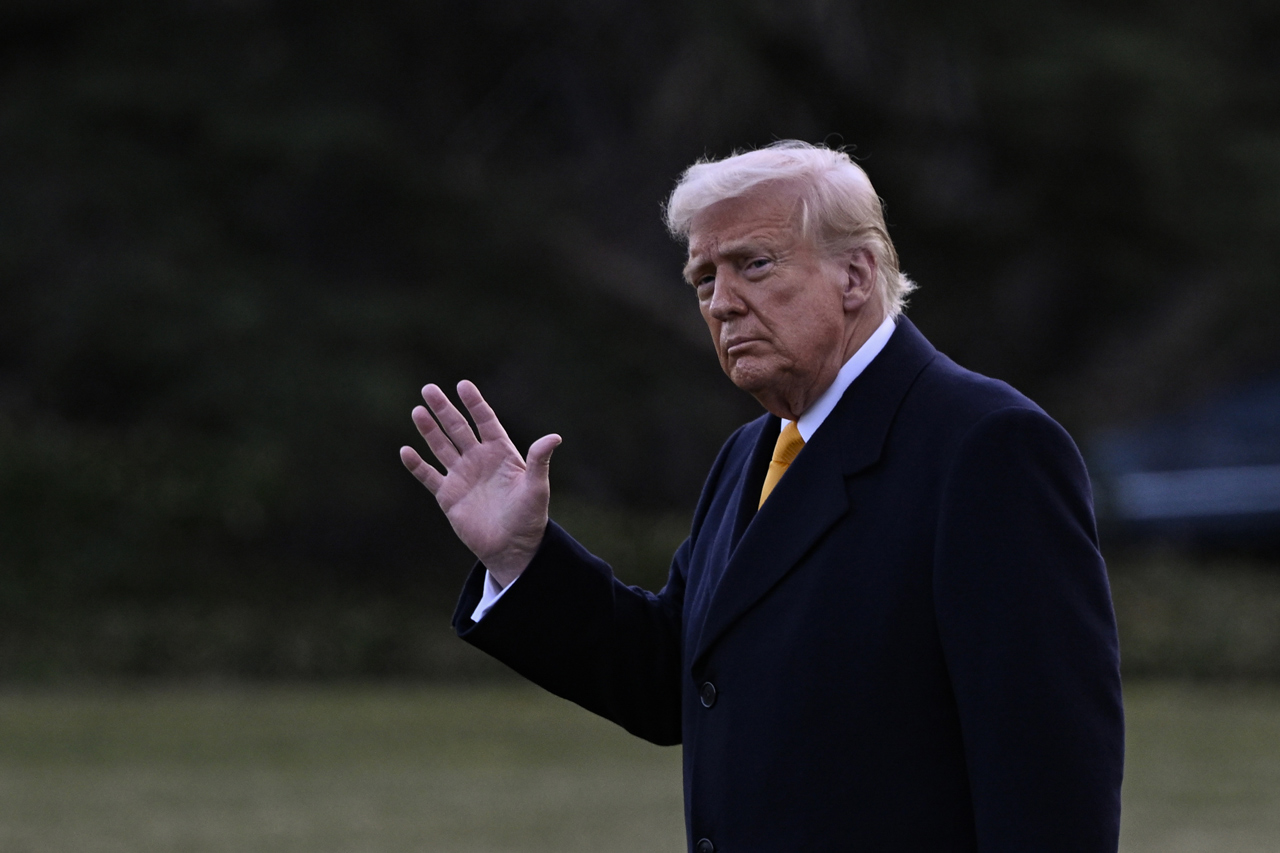
The role of Israel in US Middle East strategy
Former President Trump's Middle East policy was extremely pro-Israel. Trump declared Jerusalem as Israel's capital to satisfy his evangelical base, arguing that Israel could normalize relations in the region without solving the Palestinian issue through the Abraham Accords. He presented the "Deal of the Century," a plan largely based on Israel's priorities, promising economic investments for Palestine.
Share
Former President Trump's Middle East policy was extremely pro-Israel. Trump declared Jerusalem as Israel's capital to satisfy his evangelical base, arguing that Israel could normalize relations in the region without solving the Palestinian issue through the Abraham Accords. He presented the "Deal of the Century," a plan largely based on Israel's priorities, promising economic investments for Palestine.
Trump withdrew from Obama's nuclear deal, imposed sanctions limiting oil sales, and took harsh steps like the assassination of Qasem Soleimani, pursuing a "maximum pressure" policy on Iran. Trump not only focused on Iran's nuclear program but also declared any threats to American troops or facilities in the region as red lines. In response, Tehran played for time, cautious about Trump's desire to bring Iran to the table through pressure.
Biden promised an immediate return to the Iran deal but faced Congressional opposition, leading to efforts to expand the original deal. However, Biden's attempts to negotiate a new deal with Iran failed. The recent prisoner exchange deal worth 6 billion dollars also complicated matters. In contrast to Trump's Israel and Saudi Arabia-centered Iran policy, Biden attempted to maintain distance from Israel and Saudi Arabia while dealing with Iran.
AID PACKAGE TO ISRAEL
Hamas's attack showed that ignoring the Middle East to focus solely on Iran's nuclear program was unsustainable for Biden. Under pressure from Republicans and Congress, Biden felt the need to demonstrate unwavering support for Israel. In the coming days, he will begin gauging Congress's approval for a significant aid package to Israel.
Congress is expected to pass a substantial package to strengthen both the Iron Dome and ensure Israel doesn't suffer from ammunition shortages, as it has sent billions of dollars in aid for the Iron Dome system in the past. Reports suggest that the Biden administration is working to include aid to Ukraine in this package. It's highly likely that aiding Israel will face little to no opposition, and politicians will likely engage in a race to provide more aid. If aid to Ukraine is not included in this package, it could pose problems for Zelensky.
It's safe to say that Congress will not settle for military aid to Israel alone. Pressure is already mounting for the renewal of Section 702 of the Foreign Intelligence Surveillance Act. The fact that Hamas's attack couldn't be detected by both Israeli and American intelligence has become a significant point of debate. Following 9/11, the U.S. took comprehensive steps to reform its security and intelligence infrastructure. The loss of American lives in the Hamas attack will likely lead to changes in U.S.-Israel intelligence sharing.
REGIONAL CONFLICT CONCERN
Reports suggesting that the Pentagon is concerned about a conflict between Israel and Hezbollah indicate that while Washington provides significant support to Israel, it is wary of the war expanding. In such a scenario where Israel would have to fight on two fronts, both to the north and south, the likelihood of the U.S. being drawn into the conflict would increase. President Biden, who knows that the American public does not desire a new war, is likely to prefer to position himself effectively by increasing all kinds of support to Israel to prevent such a scenario.
While Washington provides unwavering political support when it comes to Israel, its efforts to determine its own policies on military and strategic issues can create occasional tensions. Although there are politicians who want to entirely base U.S. Middle East policy on Israel, America is cautious when it comes to making the decision to engage in a new war in the region. It is well known that there is a lack of trust in Netanyahu, who has campaigned for the U.S. to launch attacks on Iran's nuclear program. Even for Trump, whose policies could be characterized as pro-Israel, his primary goal was to normalize by reaching an agreement with Iran.
Obama, who provided the most aid to Israel's Iron Dome, and Trump, who recognized Jerusalem as Israel's capital, claimed to be the presidents who best protected Israel in American politics. Biden is also maintaining a similar claim in the context of the Gaza war. Biden is attempting to convey the message that Israel has unwavering support with a short and impactful message and will try to soften domestic criticisms with a substantial aid package. Despite those who want Biden to take a tougher stance on Iran, we can say that, to avoid involvement in a costly regional conflict, the American establishment will try to ensure Israel goes "controlled."
[Yeni Şafak, October 14, 2023]
Tags »
Related Articles






